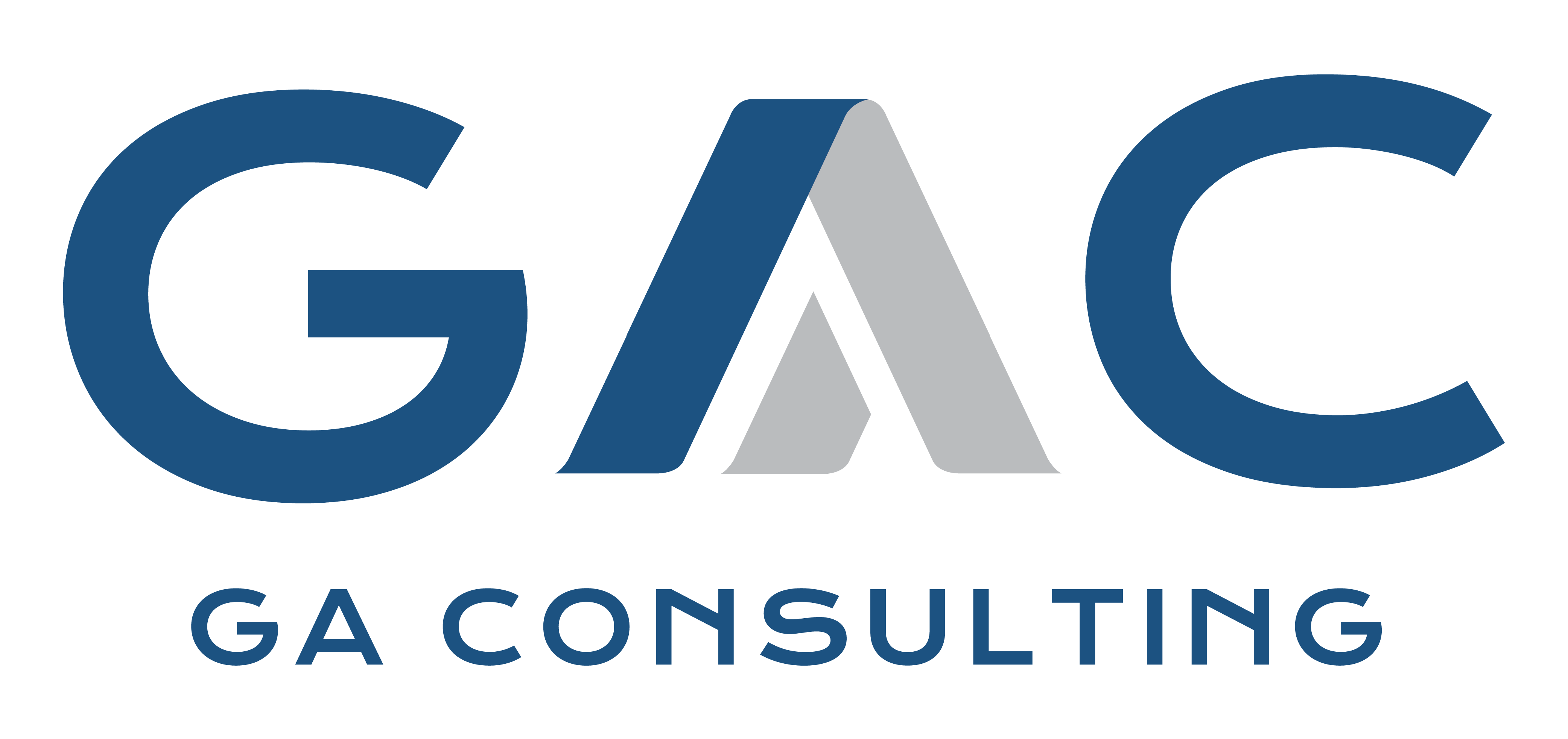Many freelancers believe that if they stopped working for months or even years, they’re off the hook from tax obligations. That’s a costly myth.
Whether you worked full-time in an office, paused your career, shifted to freelance, or recently experienced a gap—you may still be liable for ITR filing or penalties.
Understanding freelancer ITR compliance with an irregular work history is essential to avoid unexpected fees and legal trouble.
What Is Freelancer ITR Compliance?
Freelancer ITR compliance means properly registering, filing, and paying your income taxes to the BIR—even if your work history isn’t continuous.
Freelancers must:
- Register as self-employed with the BIR
- Issue official receipts (if VAT/non-VAT registered)
- File quarterly and annual ITRs
- Pay tax dues on time
But what happens if your timeline looks like this?
🗓️ 2 years office-based
🛑 2 years unemployed
💻 2 years freelance
⏳ 6 months vacant
Let’s break it down.
Why It Matters: Penalties Can Accumulate
Many assume that no income = no tax filing. This is not always true.
Once you’re registered with the BIR, even if you stop earning, you are required to file. Not filing leads to:
- ₱1,000 per missed return
- 25% surcharge + interest if you owe taxes
- Risk of getting flagged as non-compliant
If you never registered as a freelancer but earned income in those 2 freelance years, you’re technically unregistered, and subject to registration penalties.
How to Handle ITR Compliance with Work Gaps
Here’s how freelancers can stay compliant despite employment gaps:
1. Review Your BIR Registration Status
Were you registered during the freelance years?
- Yes? Then you should’ve filed returns—even if income was low.
- No? You may face penalties for unregistered income earning.
2. File “No Income” Returns When Applicable
If registered but not earning (e.g. during the 6-month gap), file a zero income return to avoid penalties.
3. Check Past ITR Filing Status
Did you file returns in your freelance years? If not, you may need:
- Late filing (with penalties)
- Tax amnesty consultation (if applicable)
4. Settle Registration if You’re Active Again
Planning to return to freelancing? Register or reactivate your status now. Avoid starting another income cycle in non-compliance.
Who Needs to Worry About This Most?
This applies especially to:
- Freelancers who earned without registration
- Registered taxpayers who stopped filing during work gaps
- Former office workers shifting to freelance without registering
Even inconsistent earners must comply.
Tips to Stay ITR-Compliant with Gaps
- Log every income year—even low or irregular months
- Register before accepting freelance gigs
- Use digital tools to track tax schedules
- File “no income” returns when needed
- Book a free tax consult to assess your status

Work Gaps Don’t Erase Responsibility
Freelancing offers freedom—but tax rules still apply.
Gaps, pauses, or career shifts don’t exempt you from filing your ITR. With proper understanding and the right support, freelancer ITR compliance becomes a manageable part of your journey—not a painful surprise.
Follow Us & Make Tax Filing Easy!
Follow us on our socials (TikTok, YouTube, Facebook, and Instagram) and read our blogs for more tax tips designed for freelancers!
Download our Ultimate DIY BIR Tax Compliance Guide, try our Freelancer Income Tax Calculator, and schedule your Free Tax Consultation Call to take the next step toward confident, stress-free tax filing!

